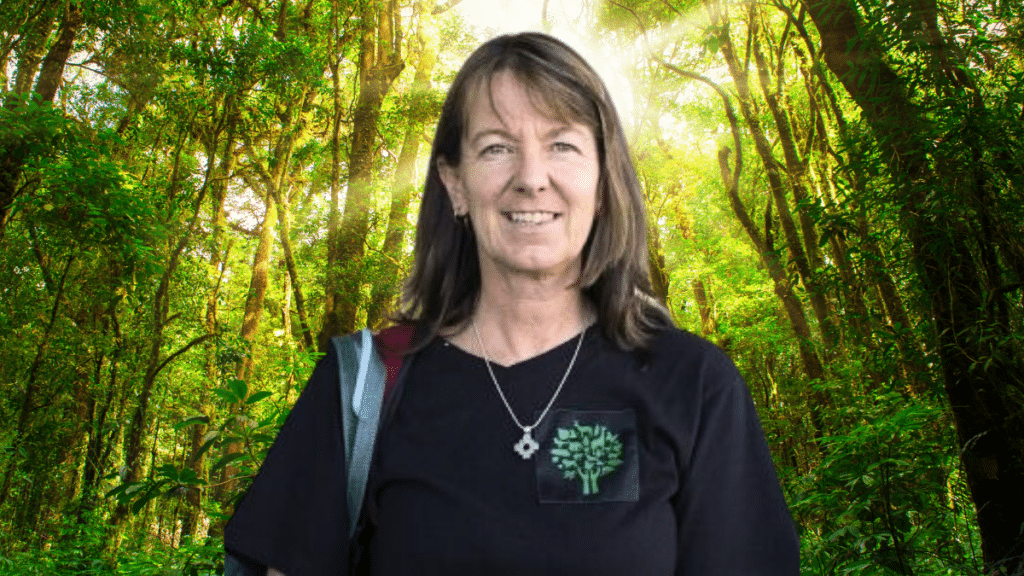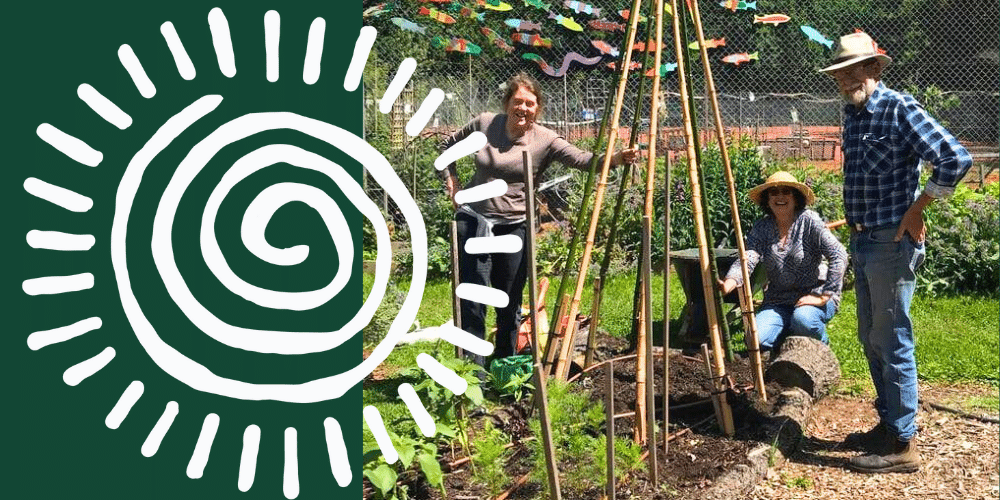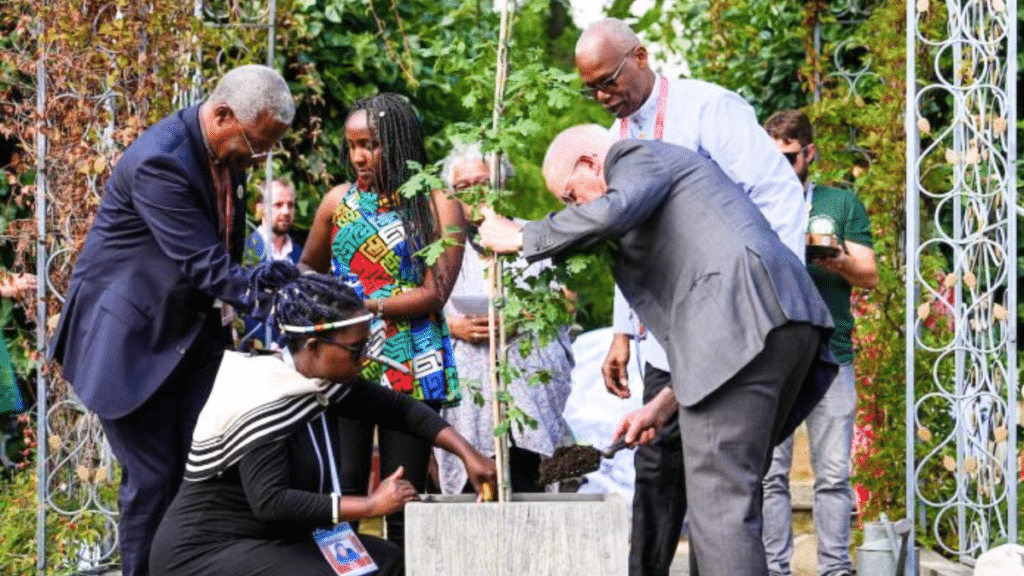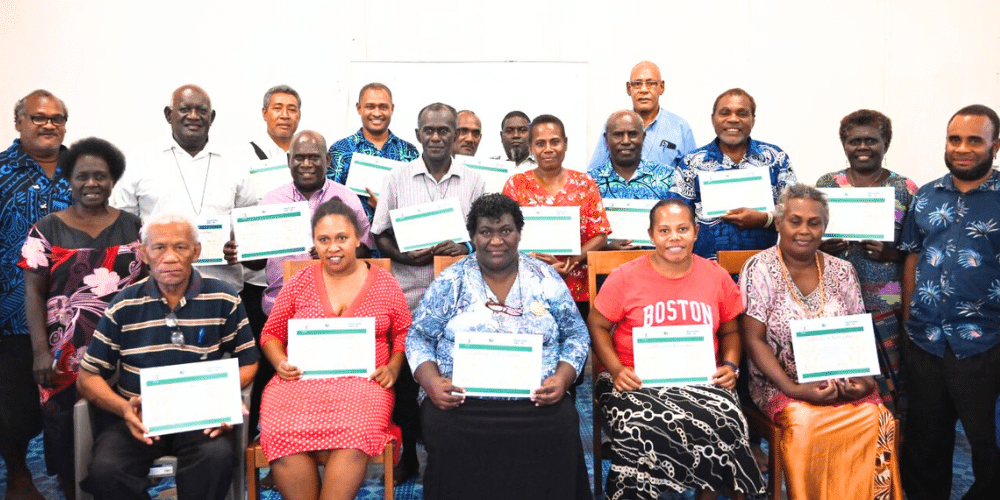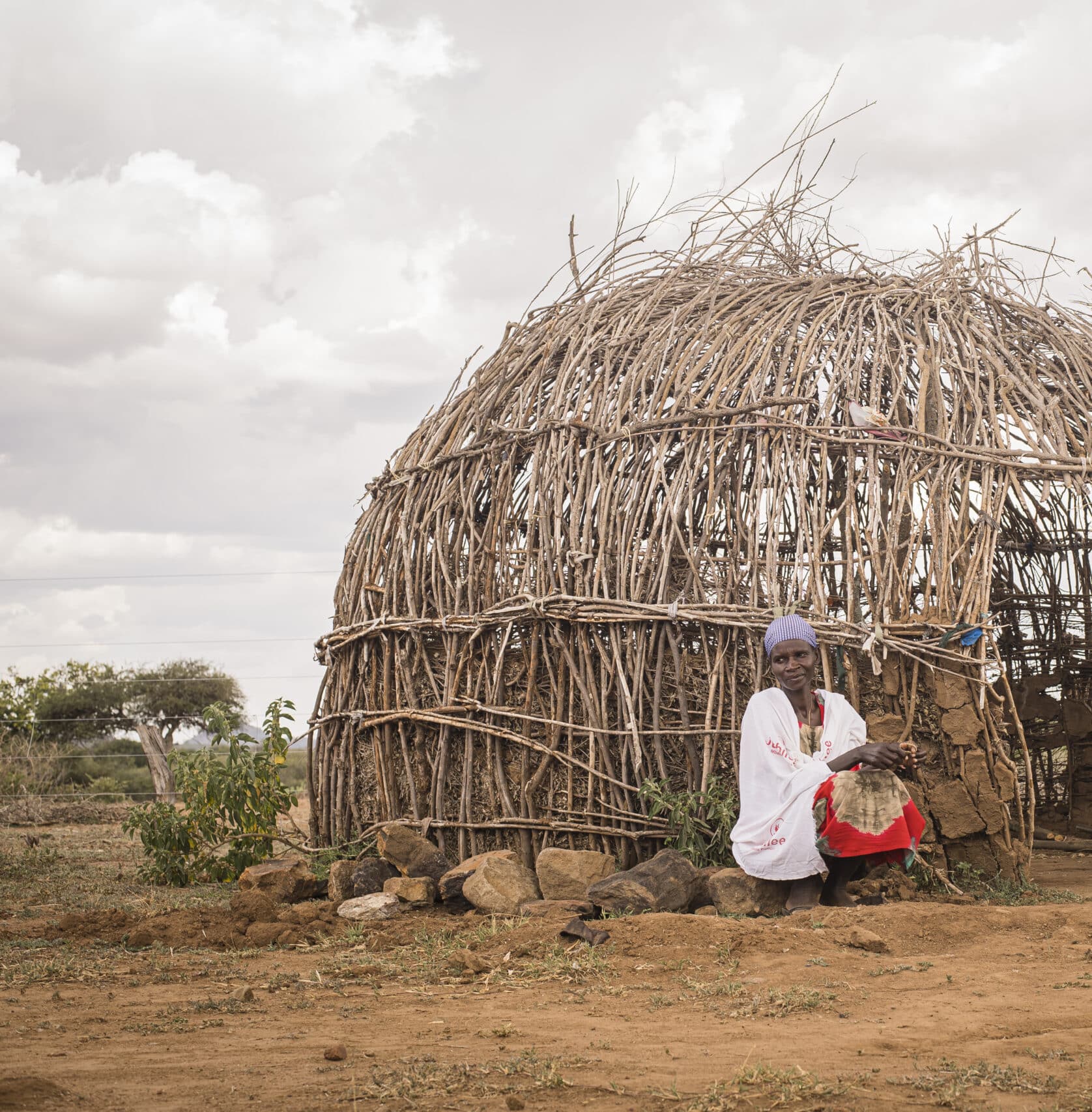
What we do
Climate Resilience
Communities affected by climate change, despite contributing the least to its causes, are highlighting its impact on poverty and instability.
Our partners and their communities have contributed the least to the impacts of our warming world; however, it is they who continue to alert us to how climate change is increasing poverty and instability in their communities. These communities are some of the least resourced in their response to the climate shocks that are devastating their livelihoods, homes, and lives.
We share God’s vision for a renewed creation, and our faith compels us to persist in championing responses to climate-exacerbated poverty and disasters. There are many ways to participate in a global Anglican Church response to climate justice. Many of our programs have integrated climate-informed initiatives and responses as a primary objective, supporting communities as they build sustainable development pathways in response to climate shocks and the changing environment.

Reweaving the Ecological Mat
The REM Framework is a rethinking and rearticulating of development as it happens and affects the countries of the Pasifika, and all the churches within the region.
